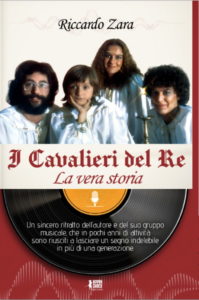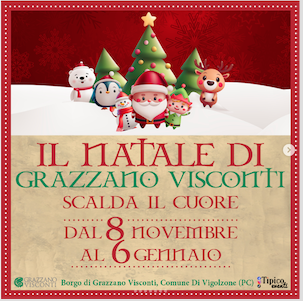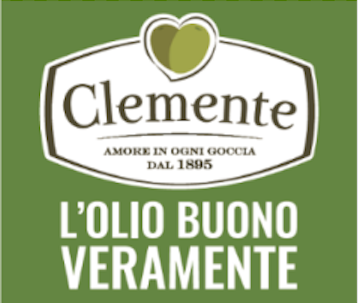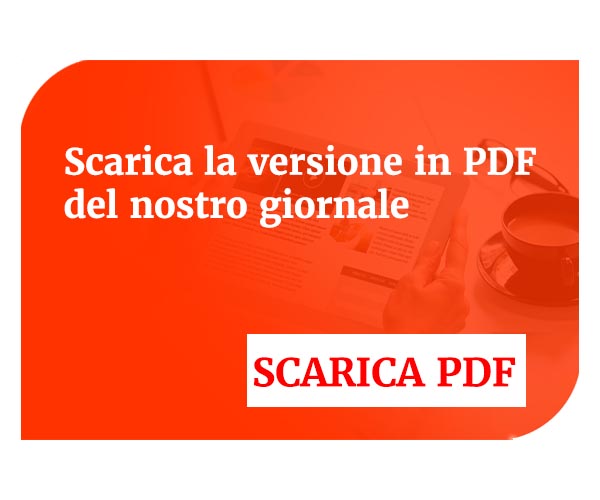POP CULTURE: A SNEAK PEEK AT ROMICS – THE AUTOBIOGRAPHY OF ZARA

On Saturday, April 6, and Sunday, April 7, among the special guests of the XXXII International Festival of Comics, Animation, Cinema, and Games in Rome (ROMICS), Riccardo Zara, known as the bandleader of one of the most famous musical groups for animated TV show themes, will be the star of two exceptional events for the nostalgic fans of the 80s and 90s. The Maestro, born in 1946, has mesmerized and enchanted multiple generations with his extraordinary repertoire, which has become an integral part of the Italian light music heritage over time. For the Spring 2024 Edition of the Festival, which was conceived in 2001, the attendance of over 400,000 visitors is expected.
During the weekend, the legendary Italian musician, author, composer, arranger, and singer will unveil his autobiography, “I Cavalieri del Re – The True Story,” on the festival stage, a book available in bookstores starting from late April. He will also receive the ROMICS Gold for his career. Additionally, a book signing session for all his fans is scheduled at the publishing house’s stand (Hall 7 – E10), catering to enthusiasts of animated TV show themes, Japanese culture, and animation, as well as manga collectors, who recognize the eclectic Maestro as a cult figure in the industry. For the Special Narrative section, on Sunday at 11:00 (Comics City Room in Hall 7), the Maestro will share with the audience, alongside the publisher Adriano Forgione (Nippon Shock Edizioni) and the curator Germano Massenzio, some unexpected and entirely new behind-the-scenes stories collected in his book:
“Writing these pages, even if at times it has caused me pain, has been a liberation for me, which in one way or another I hope will not be in vain but will remain over time as an authentic and sincere testimony of our exceptional, fortunate, albeit sometimes painful, always fantastic and engaging story. The adventure with I Cavalieri del Re (CdR), with all its dark behind-the-scenes, has undoubtedly been a fantastic experience, which unexpectedly for all of us at CdR has lasted until today. An adventure that I never would have… we would have imagined when it started,” writes the author in his introduction.

With over six hundred pages of memories written like a diary, Zara’s book recounts his musical experiences worldwide with historical names from the Italian entertainment industry, offering, through his personal experiences, a glimpse of Italian culture during the golden years of TV. The book not only talks about his career from 1979 to today but also portrays Zara as a man, father, son, husband, friend, and artist, without holding back, even from the author himself: revealing unpublished curiosities and behind-the-scenes of his private life, work, his musical quartet (Riccardo Zara, Clara Maria Teresa Serina, Jonathan Samuel Zara, and Guiomar Serena Serina), and sharing anecdotes that involve other authors and singer-songwriters, notably Bruno Lauzi and his “Trio” (Bruno, Sergio, and Riccardo), of which Zara was a bassist. In addition to producing TV themes, he also worked alongside Lauzi for years, co-composing the song “La gallina brasiliana” for the 45th Zecchino d’Oro.
“A child of the beat generation, Riccardo Zara, as a true artist of music, fully lived his creative capacity, which was the focal point of his life and from which he never separated, not even in the most challenging times. Perhaps it was precisely that brilliant, literary, and musical inventiveness that gave him the strength to move forward and create what he himself would never have imagined: songs that have marked more than one generation,” explains Germano Massenzio, the curator of the autobiography published by Nippon Shock Edizioni in Rome. “He did it,” adds publisher Adriano Forgione, “almost involuntarily, he who had played with Bruno Lauzi and who would never have imagined making history by writing themes for what would become an important component of pop culture with his group ‘I Cavalieri del Re’.”
His musical debut in the animation world dates back to 1981 when RCA, the record company with which he collaborated for years, commissioned him “La Spada di King Arthur.” It is from this animated TV series on the adventures of King Arthur that I Cavalieri del Re took their name. The songs that the Maestro wrote (lyrics, music, and arrangement), and which he magnificently sang with his group (often as the soloist), have left a lasting impact on more than one generation. They have not only won the hearts of cartoon enthusiasts born in the 60s, 70s, and 80s but are rightfully part of a collective imaginary that recognizes them as part of the history of Italian music. Among the most famous titles: L’Uomo Tigre, Libro Cuore, Devilman, Gigi la Trottola, Yattaman, Godam, Kimba, Sasuke, Coccinella, Lo specchio magico, La ballata di Fiorellino, Chappy, Ransie la Strega, etc.; but in terms of the hit parade, the greatest success was that achieved by the legendary Lady Oscar in 1982. It almost reached nearly a million copies sold, securing the seventh spot in the weekly singles chart and becoming one of the most famous TV themes in Italy.
Through the narrative device of flashbacks, the Maestro delves back in time to his early steps into the world of music in the 60s with the band I Draghi, and even recounts when, after military service, in the heart of the hippie era, he embarked as an orchestra member on Lloyd Triestino ships en route to Africa, India, and Australia. These were the years during which he gained experiences that completely revolutionized his view of life, even influencing his compositions.
© RIPRODUZIONE RISERVATA















